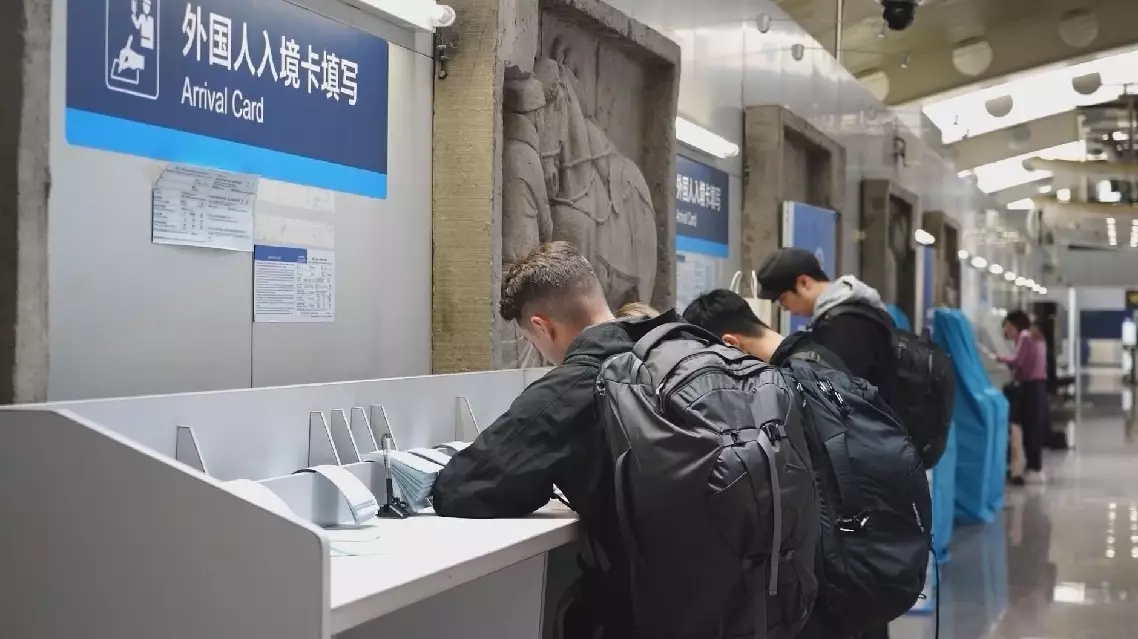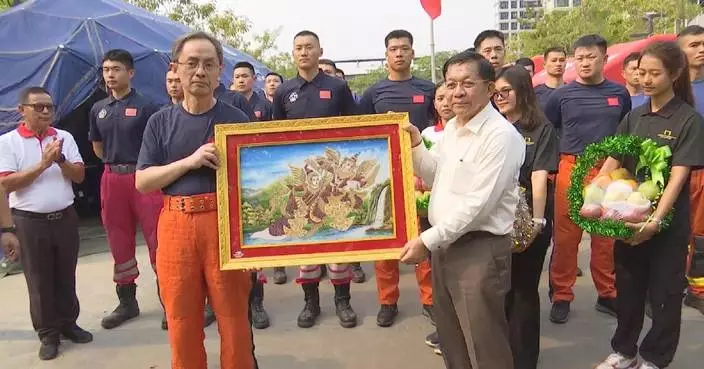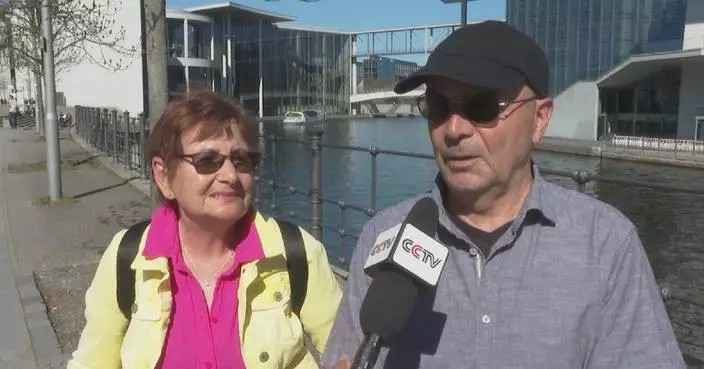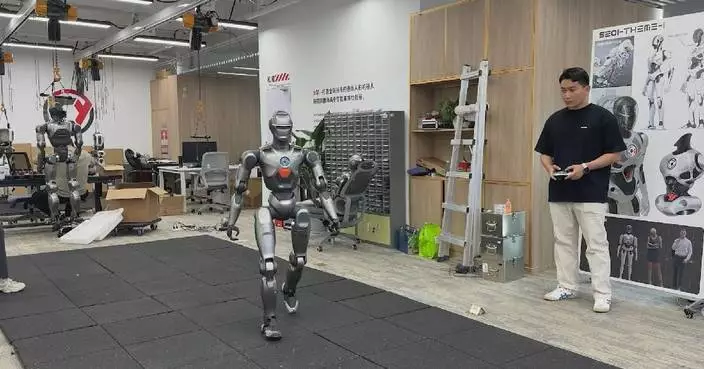The 5th Symposium on Global Maritime Cooperation and Ocean Governance concluded in Sanya City of South China's Hainan Province on Wednesday.
The event drew more than 300 guests from over 30 countries and regions to discuss issues relating to maritime cooperation and ocean governance.
Attendees, comprising scholars and representatives of international organizations and maritime departments, tackled seven topics, including "Global Ocean Governance: Rules, Responsibilities, and Power" and "Settlement of Maritime Disputes: Dialogue or Confrontation."
As global governance currently faces new opportunities and challenges, there was a consensus among participants to favor dialogue over confrontation in resolving maritime disputes between countries over maritime delimitation and even territorial sovereignty.
"Dialogue is the way and confrontation just leads to misery. The essential thing in the ocean is that there is only one ocean. It's very important that we all get together occasionally to discuss our one ocean," said Peter Thomson, United Nations Secretary-General's Special Envoy for the Ocean.
"I think every state has its own claims and interests based on international law. I think in that sense, cooperation and dialogue and consultation are very important, but then also at the same time I think self-restraint has been emphasized as critical so that it does not escalate to a conflict," said Dita Liliansa, a research fellow at the Ocean Law and Policy Program of the Center for International Law of the National University of Singapore.
The symposium also focused on ecological conservation and sustainable development of the ocean. The attending guests looked forward to building a platform for communication and cooperation through the symposium, and providing suggestions for global ocean governance.
"We hope to gradually build consensus among all parties through this platform and pool everyone's wisdom," said Wang Sheng, president of the National Institute for South China Sea Studies (NISCSS).
"We are committed to the sustainable, high-quality and peaceful development of the ocean so as to advance the progress of the harmonious civilization, peace, cooperation and friendship in the ocean, which is the purpose and objective for us to develop this platform," said Wu Shicun, chairman of the Huayang Center for Maritime Cooperation and Ocean Governance, and also director of the Academic Committee of the NISCSS.
Multiple parallel forums and dialogues with a specific emphasis on ocean-related issues were also held throughout the two-day symposium.
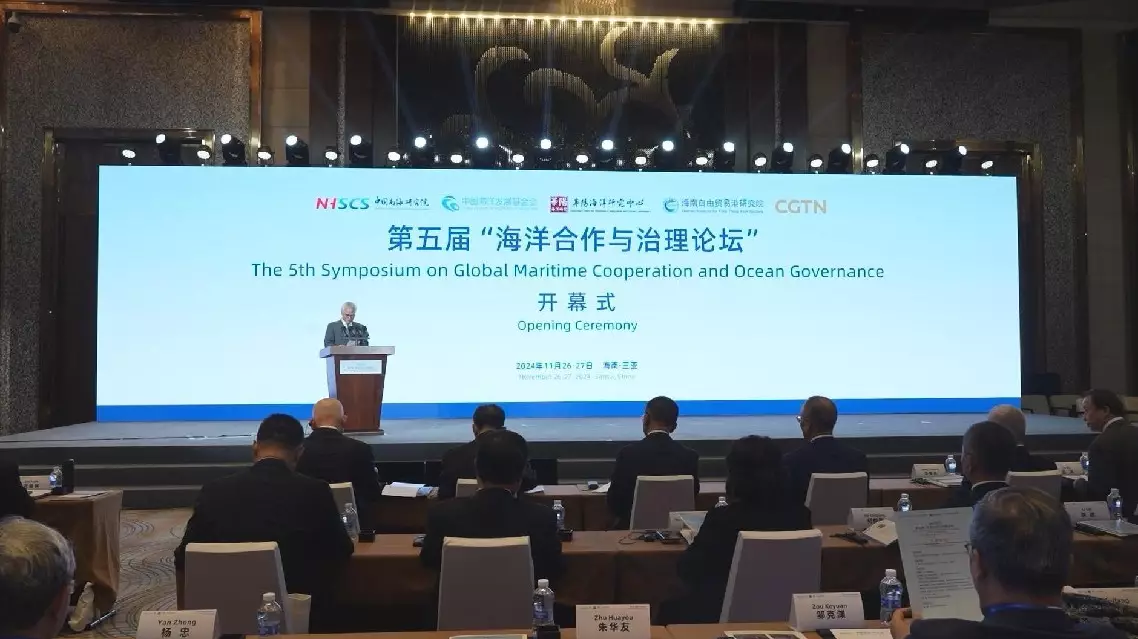
5th Symposium on Global Maritime Cooperation and Ocean Governance held in Hainan



